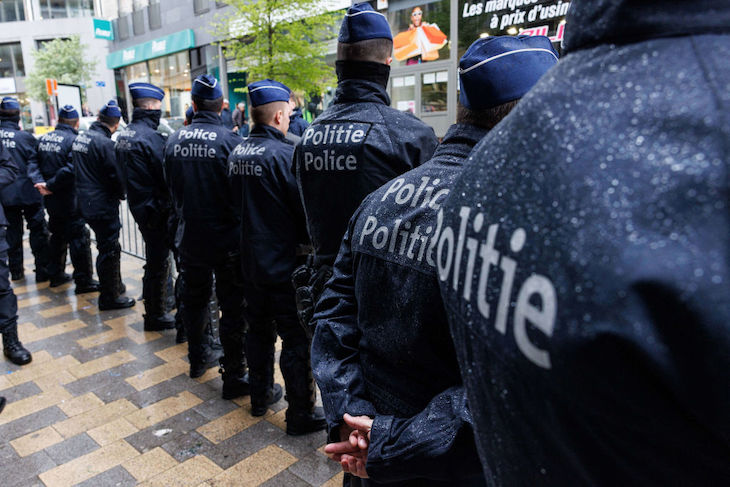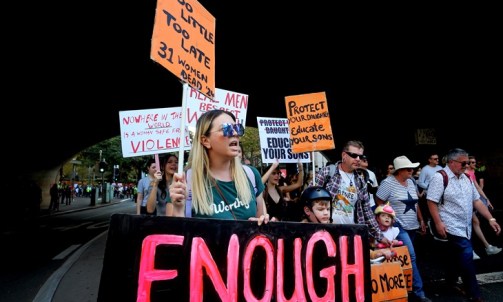‘How do you think this looks to the rest of the world?’ asked Nigel Farage as police attempted to shut down the National Conservatism conference in Brussels on Tuesday. Belgian politicians won’t care what it looks like. This is the most undemocratic country in western Europe. And while the mayor who tried to ban the conference obsesses about what he calls ‘the far-right’, Islamism continues to thrive in Belgium’s left-wing eco-system.
Already a subscriber? Log in
Subscribe for just $2 a week
Try a month of The Spectator Australia absolutely free and without commitment. Not only that but – if you choose to continue – you’ll pay just $2 a week for your first year.
- Unlimited access to spectator.com.au and app
- The weekly edition on the Spectator Australia app
- Spectator podcasts and newsletters
- Full access to spectator.co.uk
Or





















Comments
Don't miss out
Join the conversation with other Spectator Australia readers. Subscribe to leave a comment.
SUBSCRIBEAlready a subscriber? Log in